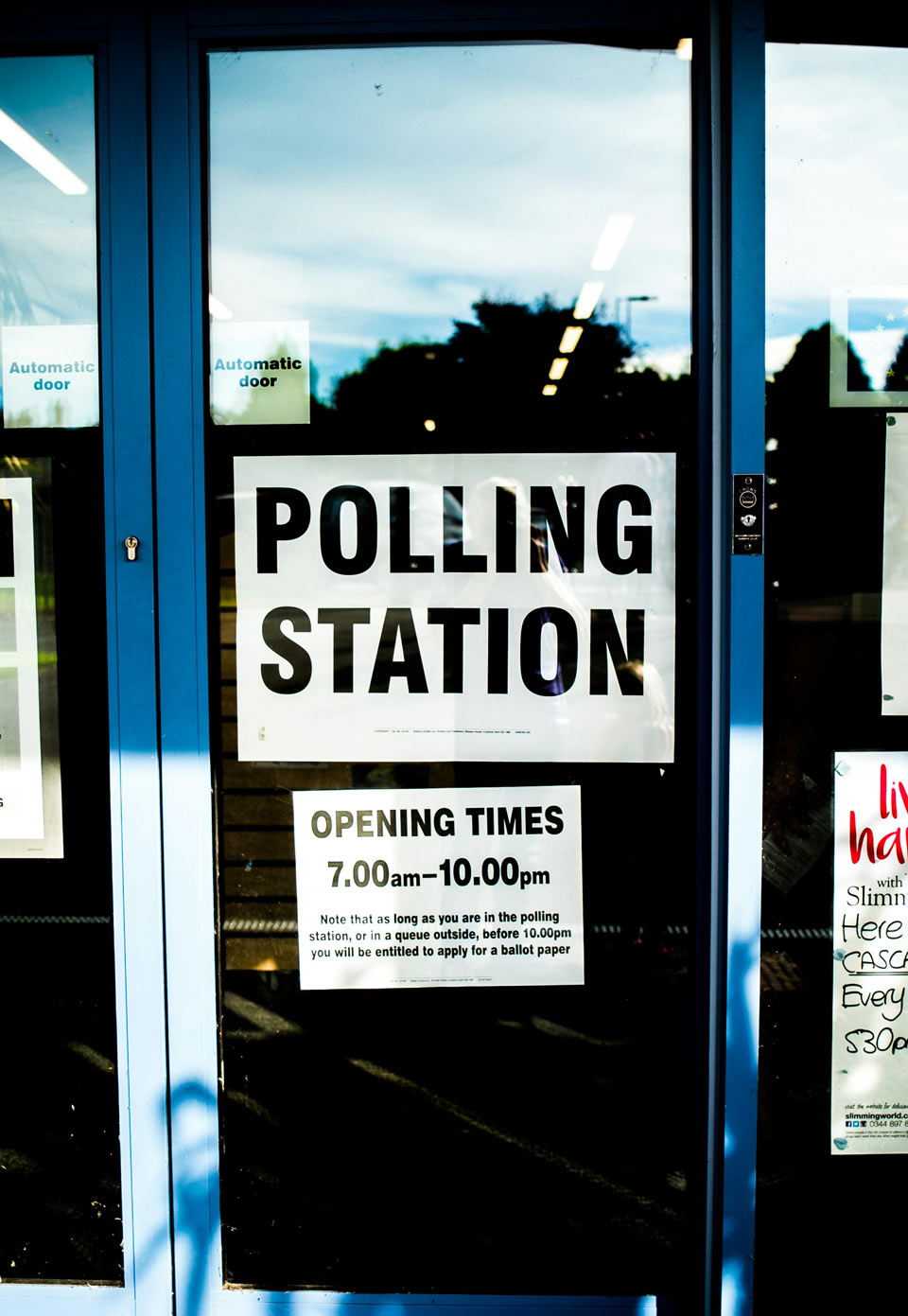Local leadership
LOCAL ELECTIONS IN 2024

While local and regional elections may be overshadowed by the overwhelming super-national election year, several countries, including Belgium, Brazil, Costa Rica, El Salvador, Jamaica, Malta, Mexico, Türkiye, and the United Kingdom, are set to elect their local representatives in 2024. Cities such as Brussels, Dublin, Istanbul, London, Mexico City, Rio de Janeiro, San Jose, Santiago de Chile, Santo Domingo, and São Paulo, among others, will witness exciting election nights filled with expectations.
Latin America takes centre stage for local elections 2024, with Costa Rica kicking off in February. The election of the mayor of San Jose gains significance as a prelude to the 2026 presidential elections. Incumbent mayor Johnny Araya is barred from seeking re-election due to recent changes in electoral law restricting indefinite terms. The city of San Jose stands out as a stronghold of progress and leadership, not only due to its budget, the largest among all cantons but also for its symbolic impact as the country’s capital.
The Dominican Republic is set to conduct municipal elections on 18 February 2024, focusing on whether Carolina Mejía will secure re-election as the mayor of Santo Domingo. Subsequently, Jamaica is scheduled to host its local elections on 28 February 2024, followed by El Salvador on 3 March 2024, after its general elections in February, which have resulted in a second term for President Bukele, who previously served as the mayor of the capital city, San Salvador.
On 2 June 2024, simultaneous to the general elections, Mexico will conduct local and regional elections in 1,580 municipalities and several states. The spotlight will be on the Head of Government of Mexico City election for a six-year term, succeeding Claudia Sheinbaum, who relinquished the position to pursue her presidential campaign and is the favourite to become the first female president. Clara Brugada, the ruling party’s candidate, could be the second consecutive female head of government of the Mexican capital, following in Sheinbaum’s footsteps.

This prospect holds the promise of a groundbreaking historical moment, with the president and the head of the capital city being women, marking a significant stride toward gender equality in Mexican politics.
In Chile, Irací Hassler, the mayor of Santiago, will seek re-election in the municipal and regional elections in October 2024. The elections will also determine 16 provincial governors, 302 members of regional councils, and 345 mayors, along with 2,252 local councillors.
Nearly two years after Lula da Silva’s electoral triumph, Brazil returns to the polls in October to elect over 5,000 mayors and 56,000 councillors. The first round is scheduled for 6 October 2024, with a runoff on 27 October 2024. Incumbent mayors of Brazil’s two largest cities, São Paulo and Rio de Janeiro, are eligible for a second term. In São Paulo, Ricardo Nunes, the incumbent mayor, eyes re-election, facing off against Guilherme Boulos, whose vice-mayoral candidate is Marta Suplicy, the former mayor of São Paulo and senator. Meanwhile, in Rio de Janeiro, incumbent mayor Eduardo Paes enjoys the declared support of President Lula. These elections serve as a barometer of the national government’s performance midway through its term, unfolding in a politically charged context where Lula and former President Jair Bolsonaro strategically deploy their resources for the impending 2026 presidential elections.
In Europe, alongside the European Parliament elections, municipal elections are scheduled in Belgium, Hungary, Ireland, Malta, Poland, Romania, and the United Kingdom. The latter is set for 2 May 2024 and is anticipated to be a referendum for Prime Minister Rishi Sunak, setting the stage for the general elections in the year’s second half. In London, incumbent mayor Sadiq Khan is vying for re-election to a third term, facing challengers Susan Hall of the Conservative Party and Zoë Garbett of the Green Party candidate. Opinion polls are currently favouring a renewed victory for Mayor Khan.
Türkiyeis again poised to draw global attention as it approaches its local elections on 31 March 2024. The current mayor of Istanbul, Ekrem Imamoglu, seeks re-election for a second term, competing against the candidate from the ruling national party, Murat Kurum. Imamoglu’s unexpected victory in the 2019 elections marked the end of a 25-year rule by the AKP, President Erdogan’s party, in Istanbul. The initial result was contested, leading to a re-run in which Imamoglu secured an even more significant margin. In addition to losing Istanbul, the AKP also surrendered the capital Ankara and Izmir, representing nearly a quarter of the Turkish population. This outcome sparked a well-known debate about the urban-rural divide shaping politics globally. However, in May 2023, President Erdogan secured re-election at the national level with 52.14 per cent of the votes, and his party took a majority in parliamentary elections.


The Israeli local elections were initially scheduled for 31 October 2023, but due to the Israel-Hamas war, they were postponed to 30 January 2024 and finally scheduled for 27 February 2024. The Knesset, Israel’s Parliament, ratified the Government’s decision based on information from the army, citing the inability to release candidates from reserve forces deployed in Gaza. The Jerusalem and Tel Aviv mayors, Moshe Lion and Ron Huldai, seek re-election. Lion assumed office in the 2018 elections, while Huldai has held the position in Tel Aviv since 1998.
Regional and local elections are scheduled for 8 September 2024 in various Russian cities and territories, including Saint Petersburg. In Moscow, elections were conducted in September 2023. The incumbent mayor, Sergey Sobyanin, representing the national ruling United Russia party.
 This publication was produced with the financial support of the European Union. Its contents are the sole responsibility of UCLG and do not necessarily reflect the views of the European Union.
This publication was produced with the financial support of the European Union. Its contents are the sole responsibility of UCLG and do not necessarily reflect the views of the European Union.